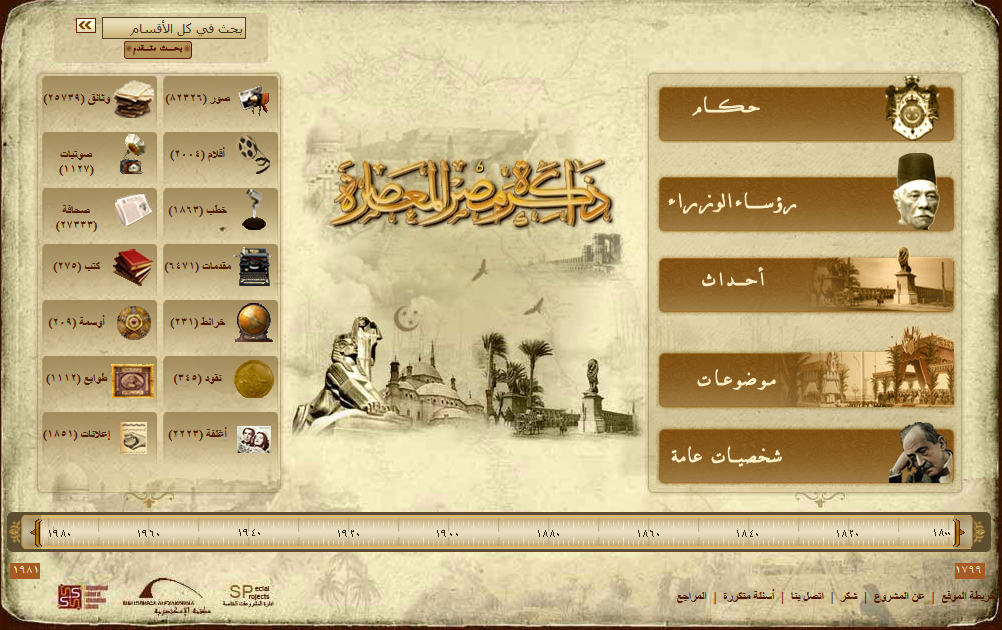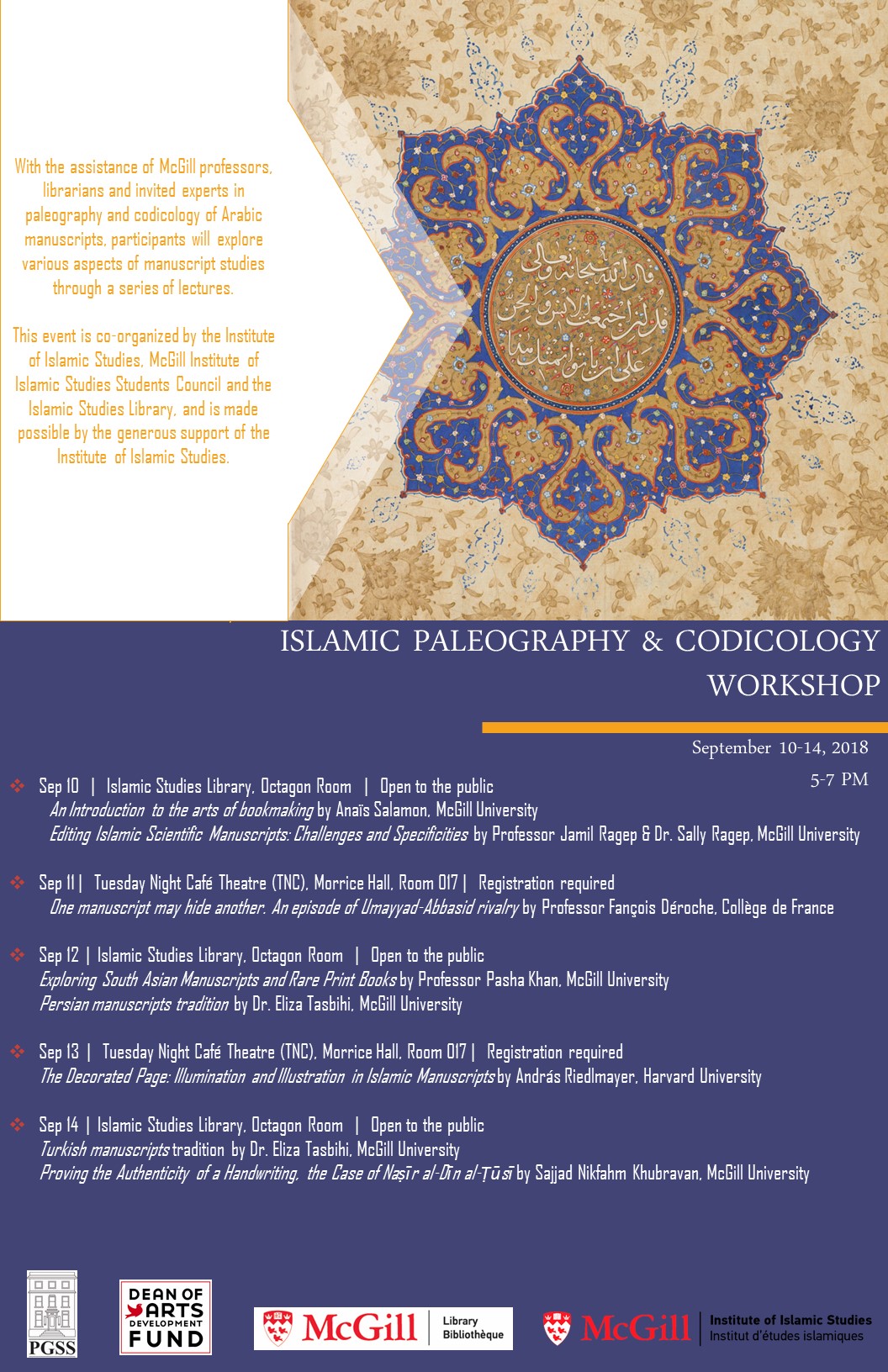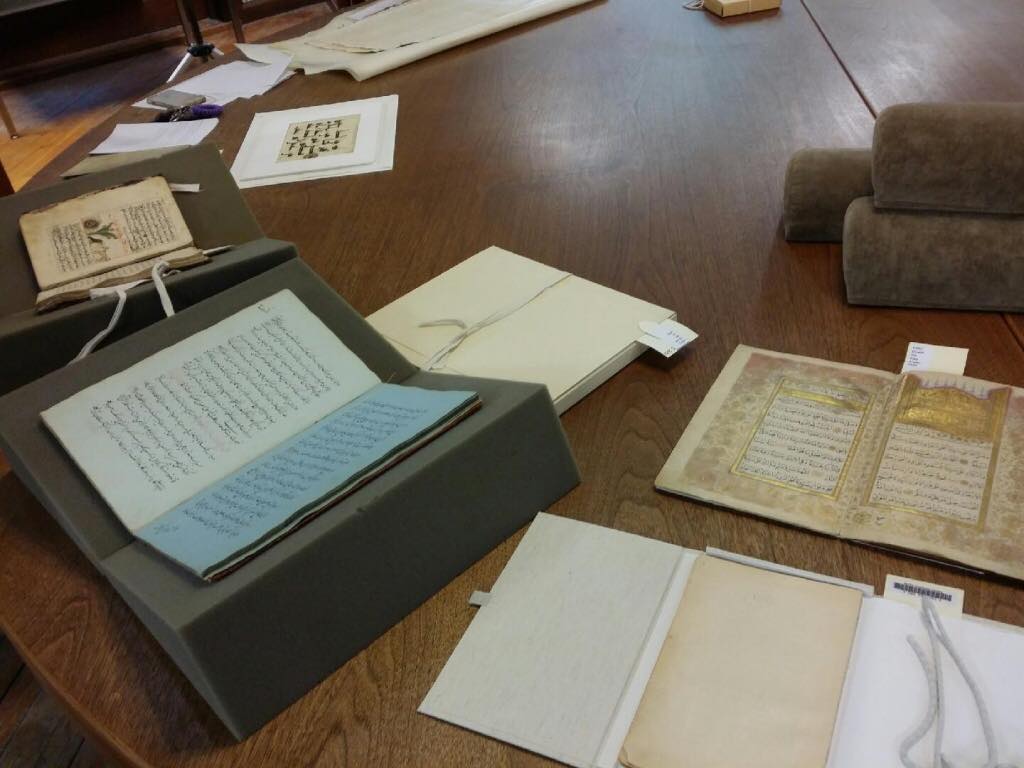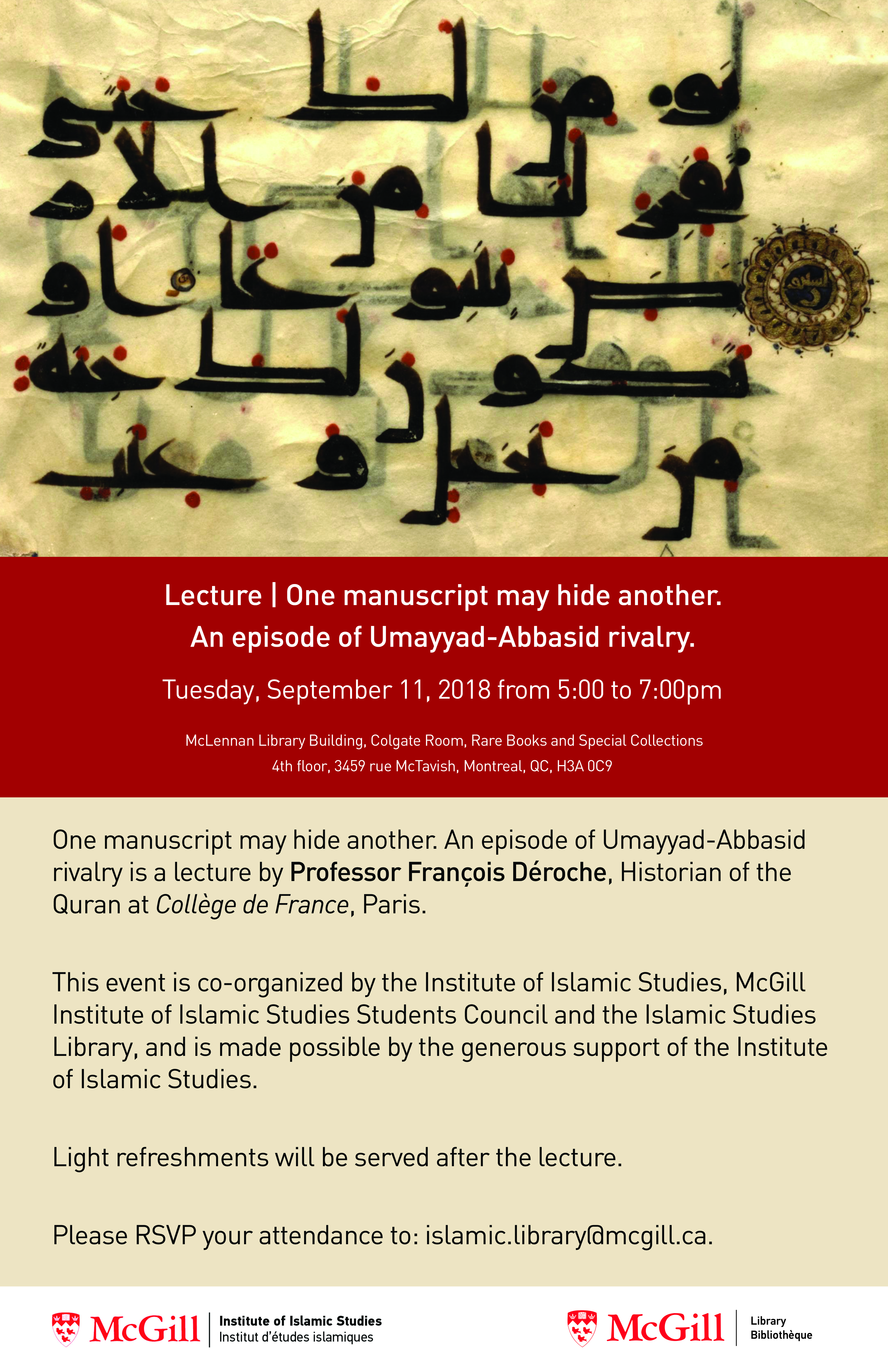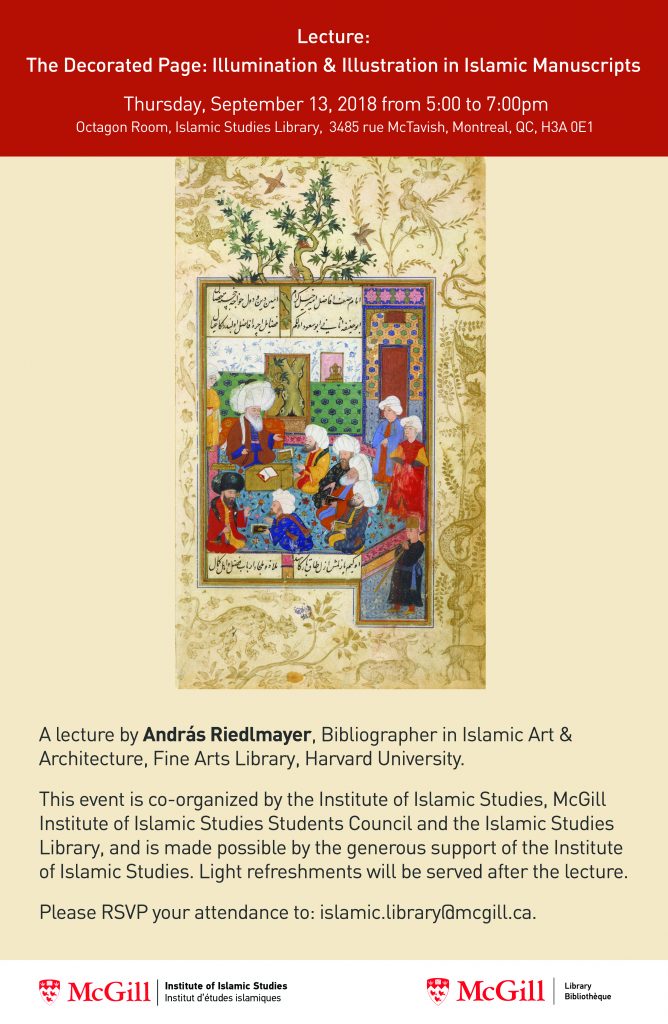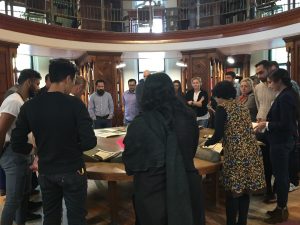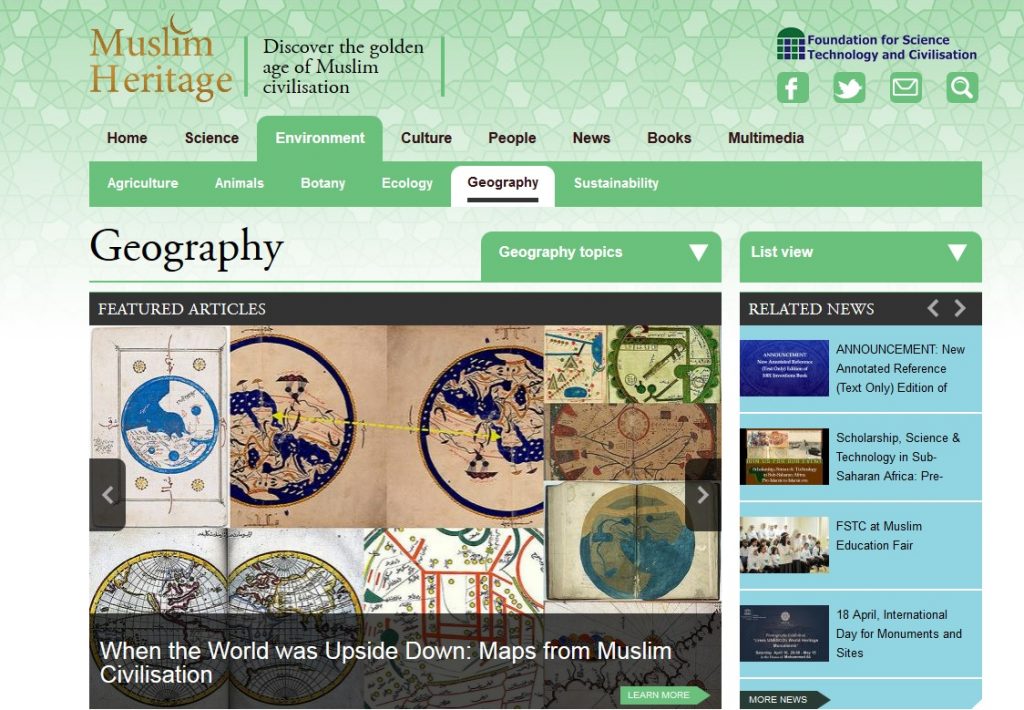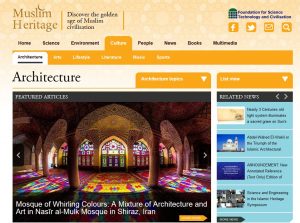The Memory of Modern Egypt project is an attempt to create the largest digital library of materials of cultural and historical value related to the contemporary history of Egypt, beginning with the reign of Muhammad Ali in 1805 to the end of President Sadat in 1981.
The digitized collection is composed of materials drawn from collections of various libraries. Items include materials from senior politicians and Egyptian writers, as well as materials from many institutions and private collections related to the history of modern Egypt during the past 200 years, in addition to the historical archives of the Bibliotheca Alexandrina. The Digital Library aspires to be the main source of historical material related to the history of Egypt, and has thus been designed in a way that allows the addition of new materials as they become available.
Searching for materials is simply a matter of clicking on the desired topic (rulers, prime ministers, events, topics or public figures). From there, icons appear on the left half of the page indicating the number of available materials for the desired topic, which can be further searched by clicking on the icons.
The timeline at the bottom of each page follows the contemporary history of Egypt beginning in 1799 and ending in 1981. This timeline helps the researcher to determine the time-frame for research. For example, when moving from the right side using the mouse until 1860 and from the left until 1900. It reduces the number of materials available to coincide with the selected 40 years. This is shown by changing the number of available materials indicated by the icons on the left side of the page, which match the chosen time-frame.
Here are some of the FAQ that may be of interest
What is the purpose of this website and who created it?
This site documents the history of modern Egypt from the rule of Muhammad Ali Pasha in 1805 until the end of the presidency of the late President Mohamed Anwar Sadat in 1981. There are numerous articles related to the history of Egypt during the past hundred and sixty-seven years. These materials include digital photographs of documents, photographs, coins, stamps, audio and video recordings, among others. The establishment of this site was a concerted effort between the International Institute for Information Studies (ISIS), a specialized research institute at the Bibliotheca Alexandrina, and the library’s project management, which was responsible for collecting the content of the site and passing it on to the International Institute for Information Studies On the past to be available to future generations in a digital format.
Q-Will this site be available in other languages?
Thus far, there are no plans to translate the site into other languages and a large proportion of the original material is available in Arabic.
Q-Can I upload pictures, movies, documents, etc., from your site?
Copyright is held by the contributors to this project, who gave the Library of Alexandria the right to display these materials only for public benefit. The library does not have the right to make these materials available for printing, so one cannot download or print any of the materials available on the site.


